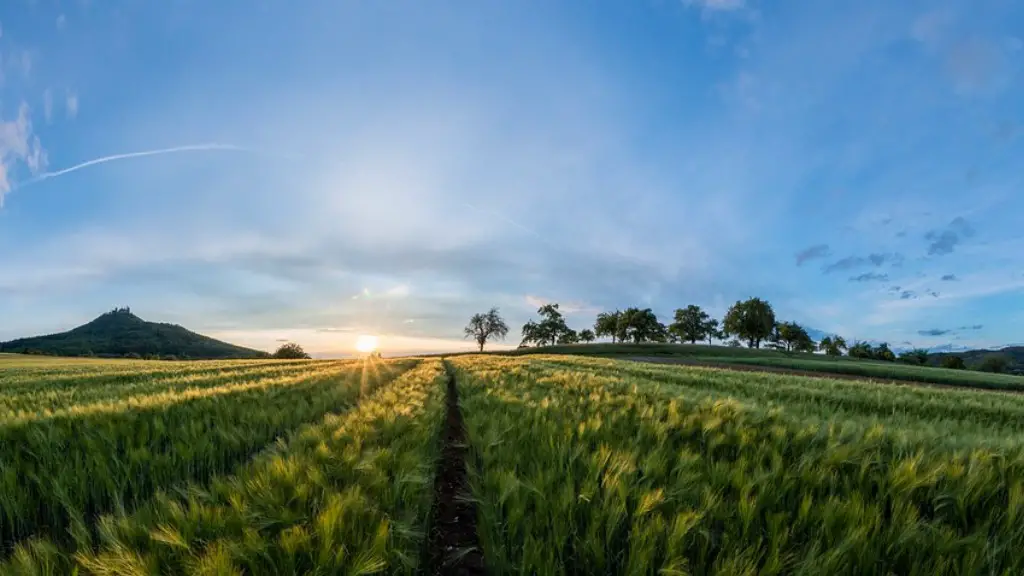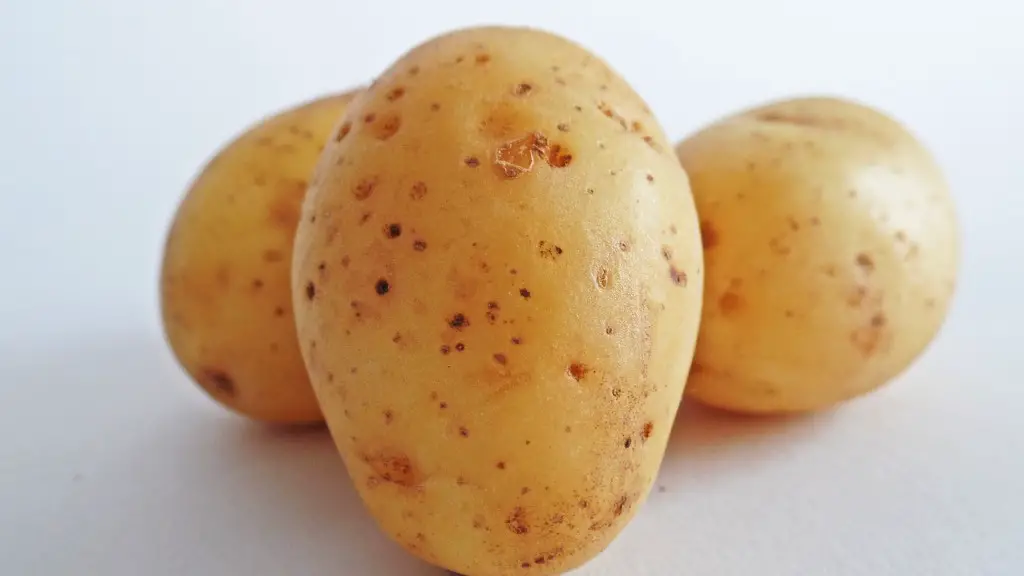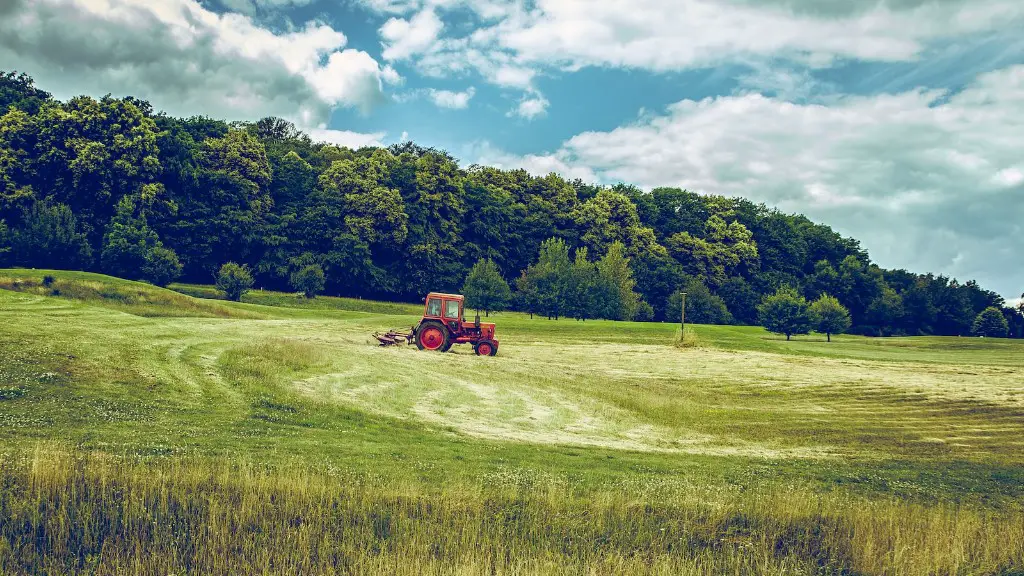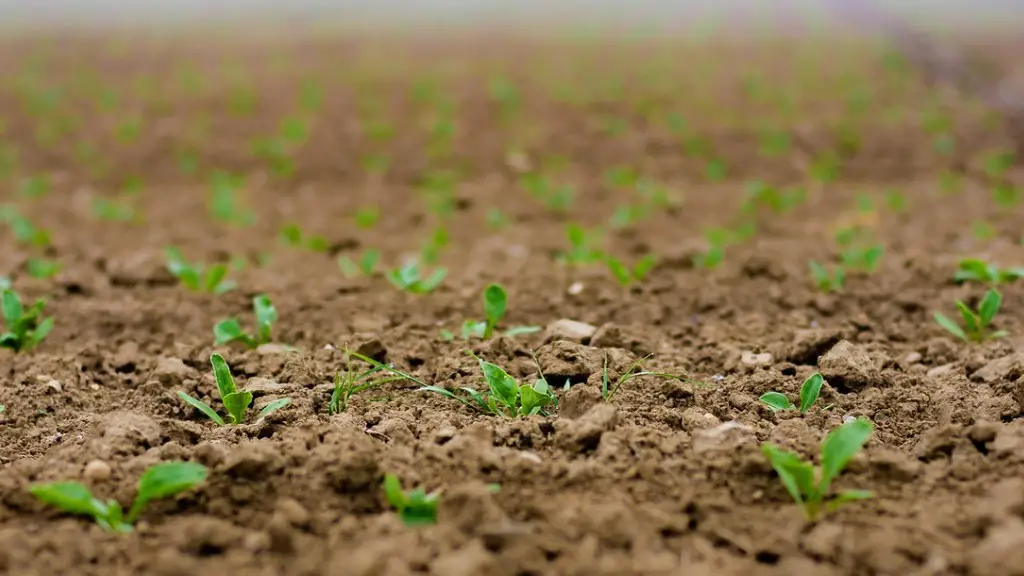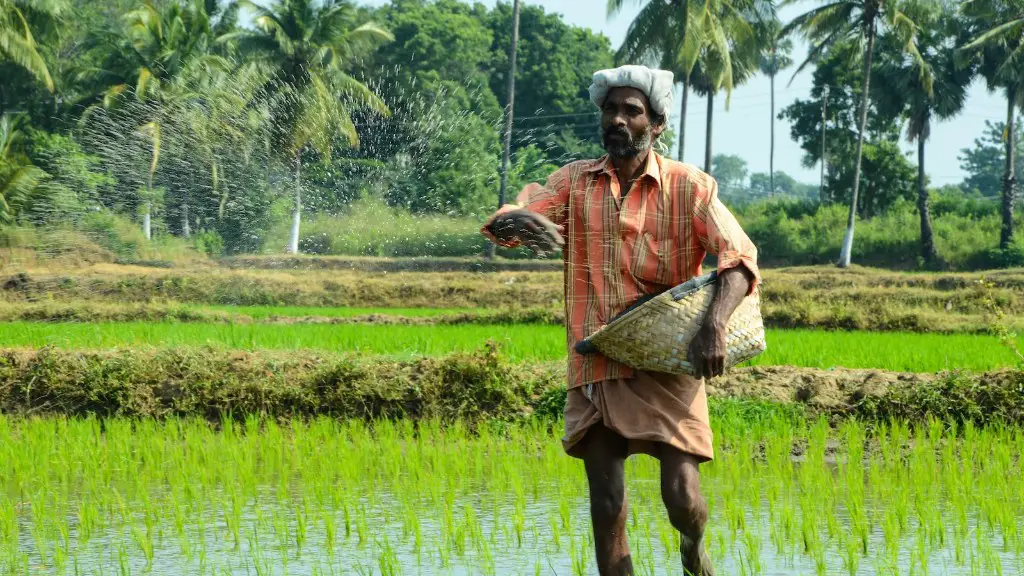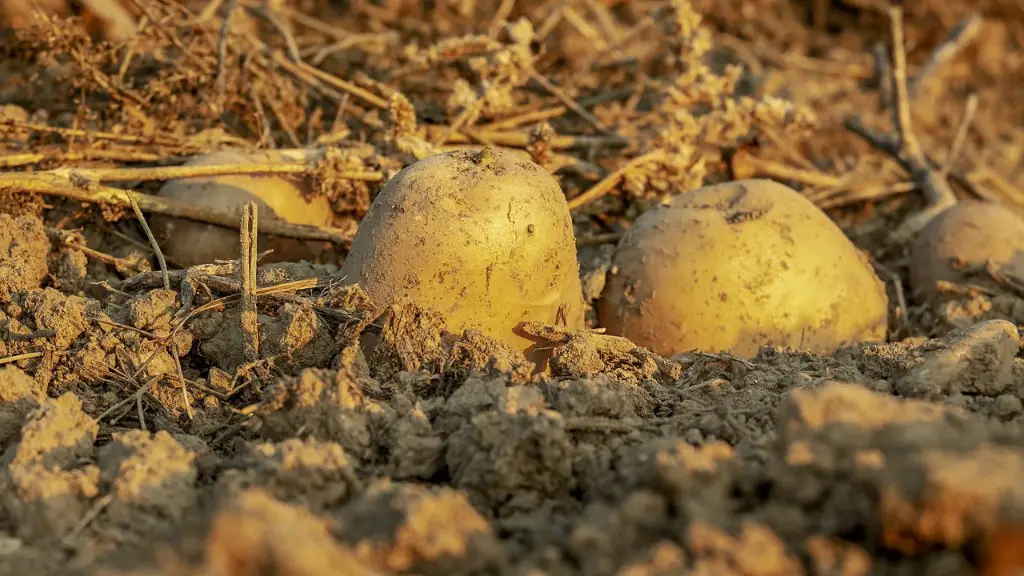Agriculture has been a vital part of human society since the dawn of civilization. The ability to cultivate crops and domesticate animals allowed our ancestors to settle in one place and form the first communities. Agriculture allowed for the growth of cities and the development of civilizations.
Throughout history, agriculture has been the engine of economic development and a major source of food and Raw materials. It has also been a key factor in the spread of culture and the advancement of human knowledge. Today, agriculture is still a vital part of the global economy and plays a significant role in the wellbeing of humanity.
Agriculture is the art and science of cultivating the land for the production of crops. It includes the preparation of the soil for planting, the planting and harvesting of the crops, and the processing of the crops into food or other products. Agriculture is one of the oldest human activities, dating back to the dawn of civilization. Agriculture allowed for the domestication of plants and animals, which led to the development of civilizations. Agriculture has played a significant role in the history of humanity, and continues to do so today.
What does agricultural mean in history?
Agriculture is a vital part of human civilization, providing food, fiber, and animal feed for people all over the world. Agriculture is a complex and dynamic field, with many different sub-disciplines and specializations. Despite the diversity within agriculture, there are some common themes and challenges that all farmers face. These include the need to optimize land use, protect natural resources, and produce food and other products safely and efficiently.
The science, art, and business of cultivating soil, producing crops, and raising livestock is known as farming. Farming has been an important part of human society for thousands of years and continues to be a vital part of the global economy. There are many different types of farming, from small family farms to large commercial operations, and each has its own set of challenges and rewards.
Why is agriculture important in history
Agriculture has been a key factor in human development and civilization. Farming has enabled people to grow all the food they need in one place, with a much smaller group of people. This has led to massive population growth and the development of cities and trade. Agriculture has had a profound impact on human history and will continue to do so in the future.
The Fertile Crescent was home to the earliest farmers, who began cultivating the land around 10,000 BC. The region is characterized by its rich soils and ample rainfall, which made it an ideal place for early agriculture. The Fertile Crescent was also the birthplace of the first civilizations, including the Sumerians, Babylonians, and Assyrians. Today, the Fertile Crescent is still an important agricultural region, producing wheat, barley, rice, and other crops.
What is agriculture example?
Agriculture is responsible for providing most of the world’s food and fabrics. Cotton, wool, and leather are all agricultural products. Agriculture also provides wood for construction and paper products.
The ability to farm allowed early humans to control the amount of food produced, leading to population booms. This was possible due to the lower rates of fatal injuries that were common amongst nomadic societies.
What is agriculture one word answer?
Agriculture is a vital part of the economy and provides food for people all over the world. There are many different types of agriculture, and the methods used to raise and look after crops and animals vary depending on the type of agriculture.
It is the process of producing food, fibre and other goods by Farming. It includes activities like ploughing, harvesting, planting, etc. Agriculture is a vital sector for the economy of a country as it provides employment to a large number of people. It is also a source of food security and foreign exchange.
When did agriculture begin short answer
Agricultural development has been one of the most important drivers of human civilization. It has allowed for the domestication of plants and animals, which has in turn led to the development of cities and other forms of human settlement. Agriculture has also been a major force in shaping human culture, particularly through the development of foodways.
Agriculture began independently in at least three places in the world, each with a distinctive cluster of plants drawn from the local flora: Mesoamerica (Mexico/Guatemala: corn, beans, squash, papaya, tomatoes, chili, peppers), the Fertile Crescent (Middle East from the Nile Valley to the Tigris and Euphrates Rivers: wheat, barley, peas, lentils, chickpeas, flax, sesame), and China (rice, millet, soybeans, mung beans, azuki beans, daikon, taro). These three regions are quite far apart from each other, indicating that the transition from hunter-gatherer to agriculturist was a long and gradual process that occurred independently in different parts of the world.
Why is agriculture important in simple words?
Agriculture is a major source of economic growth and development. It provides food for human existence and is a major contributor to industrial raw materials. Agriculture is a vital part of the economy and plays a significant role in human society.
The agricultural sector is very important for the overall development of a country. It provides employment to a large section of the population and is a major source of income for the economy. Agriculture also provides raw materials for industries, which is an important contributor to the GDP.
How did humans start agriculture
The Egyptians were among the first peoples to practice agriculture on a large scale. This was made possible with the development of basin irrigation, which allowed them to grow crops in the dry climate of the Nile Valley. The Nile Valley was a prime location for agriculture due to its long growing season and ample sunlight. The Egyptians developed a number of techniques to maximize their crop yield, including the use of irrigation canals and dams, crop rotation, and the use of fertilizer. With these innovations, the Egyptians were able to create a thriving agricultural society that supported the growth of their civilization.
More abundant food supplies could support denser populations, and farming tied people to their land Small settlements grew into towns, and towns grew into cities Agriculture produced enough food that people became free to pursue interests other than worrying about what they were going to eat that day. This enabled the development of civilizations.
Why is it called agriculture?
Agriculture is the cultivation of land for the purpose of growing food plants. The Latin root of agriculture is agri, or “field,” plus cultura, “cultivation.” Cultivating a piece of land, or planting and growing food plants on it, is largely what agriculture means.
Agriculture is a vital part of human civilization, providing the food and raw materials that we need to survive. It includes both growing crops and raising animals, or livestock. Agriculture is an ancient practice that has greatly impacted the development of human society.
Conclusion
Agriculture is a term that can be defined in many ways, but most simply, it is the cultivation of land and crops for human use. Agriculture has been a part of human history since the very beginning, and it has played a vital role in the development of civilization. Agriculture allowed humans to settle in one place and build cities, and it has provided food and other resources that have been essential to the growth of populations and the progress of societies. Today, agriculture remains an important part of the global economy, and it plays a significant role in the way we live our lives.
Agriculture has been a vital part of human history dating back to the very beginning. It is responsible for the domestication of plants and animals, which has allowed for the growth and development of civilizations. Agriculture has also been a key factor in shaping the environment and the landscape. Today, agriculture continues to play a significant role in the economy and in the way we live.
